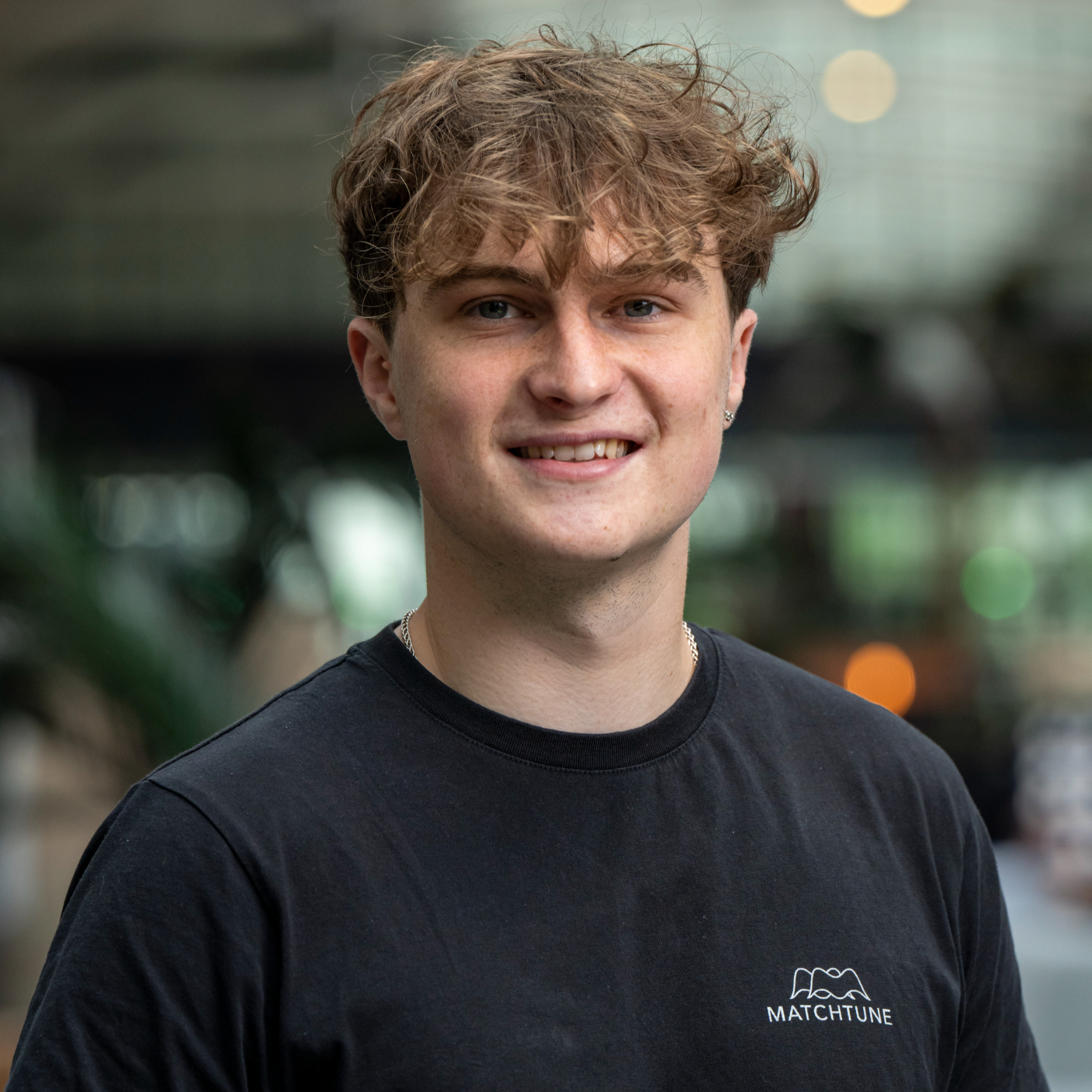AI-Generated Music: Navigating Copyright Infringement in the Digital Age
- Ben Porter

- Nov 1, 2023
- 3 min read
Updated: Nov 7, 2023
Music Copyright Infringement: Some Background
Artificial Intelligence has significantly revolutionized the music composition process in recent times, allowing users to create near-identical clones of popular tracks or artists in seconds. As AI-generated music becomes increasingly sophisticated, it raises important questions about the legal framework governing this new art form. Will AI-generated music be safe from copyright infringement laws, and is the current landscape set to change? In this article, we explore the complexities surrounding copyright management of AI-generated music, and why CoverNet is a vital tool to navigate these laws.
Contrary to popular belief, AI has been involved in the music-making process for quite some time, albeit in a much more facilitatory capacity. However, AI-generated music is no longer confined to basic melody generators and algorithmic compositions. Modern AI systems, like OpenAI's MuseNet and Google's Magenta, can create entire pieces of music that sound remarkably human. Ever heard the AI deepfake of Drake and The Weeknd that fans went crazy for, only to realize that the two chart-toppers actually had nothing to do with it? That’s the power of AI-generated music.
As you could guess, this technological leap has sparked excitement among musicians, producers, and music enthusiasts, as it offers novel possibilities for artistic collaboration and music production. However, it’s also sparked tension within the industry, at the inability to recognize & control such artistic output from a copyright standpoint. CoverNet by MatchTune - currently the only industry platform that identifies deep fake music - was implemented in order to combat this development, but laws are still yet to be solidified in order to fairly compensate rights-holders.
Attribution of Music Copyrights
Copyright laws have traditionally revolved around human creators, which complicates their application to AI-generated content. One of the primary challenges in determining copyright for AI-generated music is identifying the true author or creator. With AI, the lines blur as to who or what deserves copyright protection, so let’s explore each possibility.
Does it belong to the person who trained the AI model?
Well, if this is the case, whoever trained this AI is going to have a sizable heap of copyright infringement cases on their desk in 10 years’ time. Of course, this person is responsible for training an AI which would ultimately repurpose lots of copyrighted music, but it’s potentially unproductive to assign blame solely to this person or organization. Several more cogs have to turn before AI-generated music is released into the world.
Is it the AI system itself?
This reality feels weird, but is actually a justifiable one. The AI is taking the place of the music-maker, the person who ultimately has creative control and is thus responsible for any potential infringement of copyright. Furthermore, if an AI system creates a piece that closely resembles a copyrighted song, does it constitute a derivative work? This raises concerns about infringement, copyright violations, and ‘fair use’ as it pertains to AI learning.
Is it the person who uses the AI to create a deep fake?
Arguably the most plausible, this concerns the person who harnesses an AI to repurpose already-copyrighted material before releasing it. Out of the three, this person is most overtly deciding to create and release a new piece of art that recontextualizes current works using an AI.
There is still a lack of a clear answer to these questions, which is a substantial hurdle. Copyright laws require a well-defined author or creator, which AI-generated music often lacks. This lack of clarity can lead to disputes and confusion when it comes to copyright ownership and enforcement.
The Road Ahead For AI-Generated Music
The future of AI-generated music and copyright infringement laws is shrouded in uncertainty. As AI technology continues to advance, it challenges traditional concepts of creativity and authorship. The current legal landscape is fluid and likely to change as lawmakers, musicians, and tech developers grapple with these complex issues. However, some important developments may shape the future:
Industry Agreements: Musicians, record labels, and AI developers may forge agreements to address copyright issues collaboratively. One example of this is CoverNet by MatchTune, a tool which meticulously scans the web to identify AI-generated music with a 99.9% accuracy, presenting infringements in an intuitive, customizable dashboard. Learn more about CoverNet here.
Court Decisions: Once the landscape is established, legal precedents will be set for copyright infringement cases involving AI-generated music. These cases will likely pertain to unlicensed usage, whereby AI-generated music is disseminated and earned from with no prior agreement with rights-holders.
Ethical Considerations: The ethical debate surrounding what constitutes fair and ethical use of AI-generated music may drive legislative changes. To understand more, check out this blog on why CoverNet, MatchTune’s deep fake detection platform, is important.





Comments